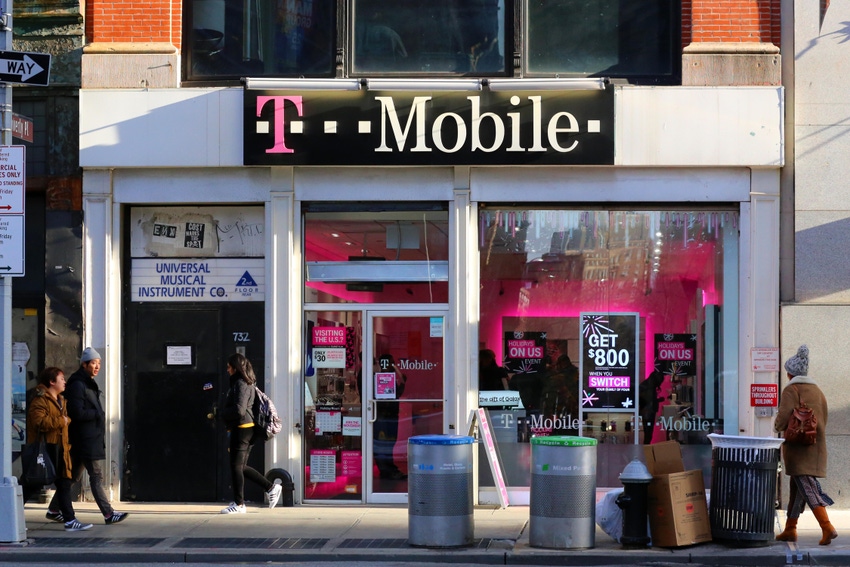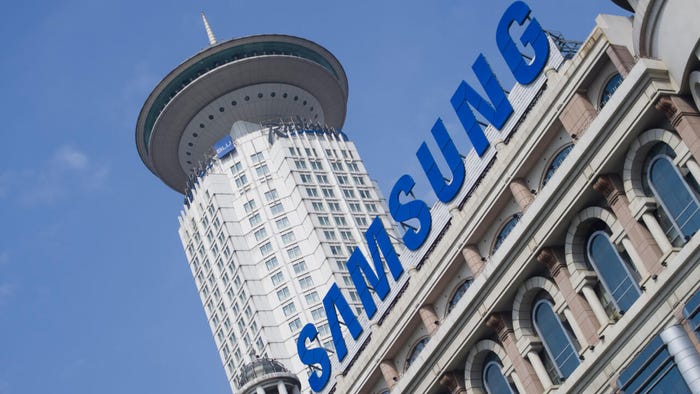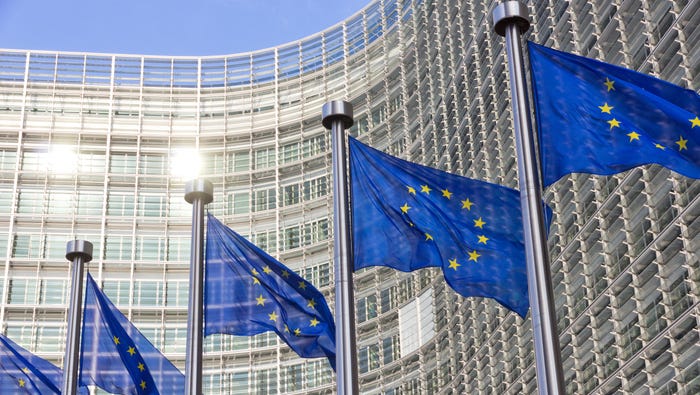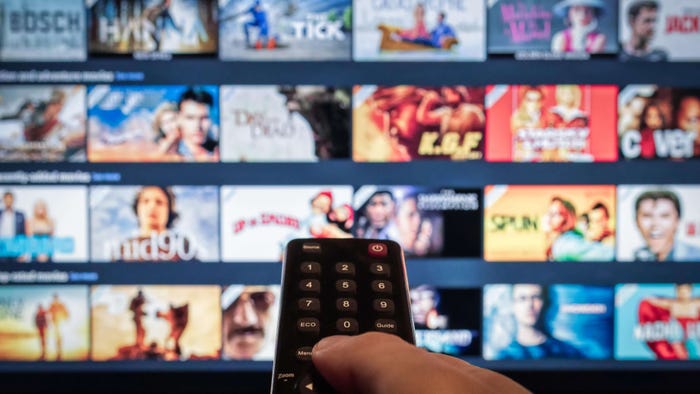Semantic repurposing may be the wireless industry's greatest innovation
T-Mobile's Super Bowl ad promised a 'price lock.' But an advertising arbiter recently ruled that T-Mobile's 'price lock' involves a month of free service and not locking customers' prices.

T-Mobile has been asked to discontinue or modify its "price lock" ads because it's not actually offering to lock customers' prices.
"T-Mobile's 'Price Lock' policy differs from a 'price lock,'" explained the National Advertising Division (NAD) in a release. "NAD found that a disclosure that 'Price Lock' does not lock the price but gives consumers one month of free service if certain conditions are met contradicts the main message of the 'Price Lock' claim."
A complaint by AT&T triggered the NAD's investigation into the issue. The agency recommended T-Mobile discontinue or modify the ads, which the operator debuted earlier this year at the Super Bowl.
T-Mobile said it would comply with the NAD's recommendations. "We believe the challenged ads clearly communicated our generous Price Lock benefit, which offers customers on eligible rate plans the opportunity to get their final month's service charges paid by us if their price changes and they let us know they've chosen to leave. We will continue to offer Price Lock to customers but will take the NAD's recommendations for clarifying the offer into consideration," T-Mobile said in a statement.
The National Advertising Division (NAD) is a unit of the BBB National Programs, which traces its origins back to the Council of Better Business Bureaus. It provides "third-party accountability and dispute resolution services that create a fairer playing field for businesses and create a better experience for consumers."
NAD routinely weighs in on all kinds of ads in the wireless industry.
What even is a price lock?
The NAD's latest ruling specifically involves ads for T-Mobile's 5G home Internet service. But a detailed Ars Technica article indicates that T-Mobile has applied its dubious definition of "price lock" to other services as well.
The article noted that T-Mobile recently raised prices on some of its older plans by up to $5 per line. That came as a surprise to some customers who signed up for the T-Mobile One plan the operator introduced in 2017.
"T-Mobile One customers keep their price until THEY decide to change it. T-Mobile will never change the price you pay for your T-Mobile One plan," according to T-Mobile's announcement at the time.
However, the operator's FAQs explained that T-Mobile would pay customers' final bills if it raised its prices and they decided to cancel their services as a result.
One customer affected by the situation told Ars Technica he was "weighing whether my unhappiness over this bait-and-switch is significant enough to change carriers."
Confusingly, T-Mobile actually did offer a real price lock from April 2022 to January 2024. That price lock guaranteed that enrolled customers "would not be subject to a price increase, so long as the account remained in good standing and the customer remained on the qualifying rate plan."
Unlimited all over again
T-Mobile's verbal acrobatics come as no surprise to anyone familiar with the wireless industry's marketing gambits over the years.
Just take the industry's evolving definition of "unlimited."
In the early days of "unlimited" data services, the phrase actually meant that customers could consume a specific amount of data before their services were slowed.
Thanks to more recent network management techniques, it now generally means that users can receive unlimited services unless they're using an overloaded cell site.
Not surprisingly, federal regulators haven't been pleased with such shenanigans. For example, the Federal Trade Commission (FTC) recently began sending partial refunds to AT&T customers involved in its lawsuit against the operator.
"The FTC's $60 million settlement with AT&T, announced in 2019, resolved allegations that the wireless provider failed to adequately disclose to its unlimited data plan customers that, if they reach a certain amount of data use in a given billing cycle, AT&T would reduce – or 'throttle' – their data speeds to the point that many common mobile phone applications, such as web browsing and video streaming, became difficult or nearly impossible to use," according to a recent release from the FTC.
Semantic repurposing
The US wireless industry excels at hyperbole. Indeed, at one point 5G was positioned to usher in the "fourth industrial revolution." Today, it's clear the technology just makes some wireless connections faster.
But hyperbole is part of the fabric of American life, whether you're shopping for a new iPhone, scrolling through social media or participating in the democratic process.
However, the wireless industry can lay claim to a few leaps in logic that are noteworthy even by American standards. For example, applying the word "unlimited" to services that can be severely limited is as helpful as describing substances capable of bursting into flames as "inflammable."
And that's why you have to give T-Mobile some credit. In an industry rife with confusion and ambiguity, it managed to rise above the fray with a "price lock" offer that had virtually nothing to do with prices or locks.
But maybe that kind of semantic repurposing is to be expected. After all, the "T-Mobile" brand itself comes from Deutsche Telekom. It was initially created to highlight the company's sale of mobile connections. Today, here in the US, T-Mobile is now working to sell stationary, non-mobile connections.
About the Author(s)
You May Also Like














